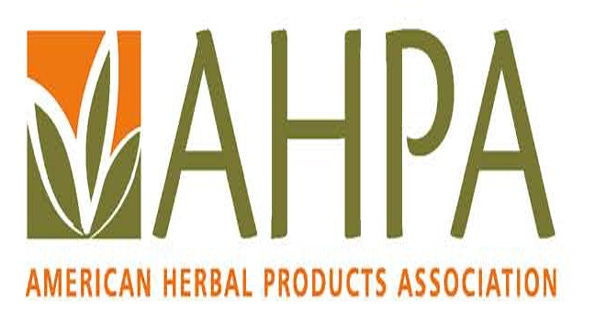Office of Environmental Health Hazard Assessment intends to list Aloe vera whole-leaf extract and goldenseal root powder as chemicals "known to the state to cause cancer" under Proposition 65.
April 28, 2015

California's Office of Environmental Health Hazard Assessment (OEHHA) announced on April 23 its intent to list Aloe vera whole-leaf extract and goldenseal root powder as chemicals "known to the state to cause cancer" under Proposition 65 (the Safe Drinking Water and Toxic Enforcement Act of 1986). Limited comments may be submitted by May 26, 2015.
The OEHHA announcement states that these listings are proposed pursuant to the "Labor Code listing mechanism" and are based on classification of these substances in 2013 by the International Agency for Research on Cancer (IARC) in its Group 2B, "possibly carcinogenic to humans." OEHHA views the Labor Code mechanism as requiring an automatic "ministerial" listing and states it "cannot consider scientific arguments concerning the weight or quality of the evidence considered by IARC when it identified these chemicals and will not respond to such comments if they are submitted."
Products that present exposure to chemicals listed by California as known to the state to cause cancer generally require specific warnings on such products sold in California, though there are several exemptions, including for foods in which a listed chemical is naturally occurring or when an exposure is below an established "no significant risk level." Failure to provide such warnings can result in action by the California attorney general or by "any person in the public interest."
The OEHHA announcement identifies whole leaf extract of Aloe vera as "the liquid portion of the Aloe vera leaf," and importantly clarifies that this substance "is not the same as Aloe vera decolorized whole leaf extract, Aloe vera gel, Aloe vera gel extract, or Aloe vera latex, which would not be covered by this proposed listing." OEHHA also identifies whole leaf extract of Aloe vera as "a natural constituent of Aloe barbadensis," a synonymous name for Aloe vera.
OEHHA identifies goldenseal root powder as "the powdered dried roots and underground stems of goldenseal plants" (Hydrastis canadensis) and declares it to be "a natural constituent of the goldenseal plant."
"IARC's classification of these two herbal ingredients relied on uncritical reviews of research conducted by the National Toxicology Program wherein laboratory animals were fed extremely large doses on a daily basis for almost their entire lifetimes," commented Michael McGuffin, president of the American Herbal Products Association (AHPA). "A further complication in NTP's study of aloe is that it used an ingredient—a nondecolorized extract of Aloe vera leaf—that appears to be only marginally available in the market, and OEHHA is correctly confirming that the substance proposed for listing is not the same as the more commonly found Aloe vera decolorized whole leaf extract or Aloe vera gel," added McGuffin.
In its report on its two-year study on goldenseal root powder, NTP states that "clear evidence of carcinogenic activity" was observed in male and female rats that were fed as much as the equivalent for a human of over a pound a week of goldenseal root. The report also states it is "a hazard identification rather than a risk assessment document" and further notes, "Extrapolation of these results to other species, including characterization of hazards and risks to humans, requires analyses beyond the intent of these reports."
"NTP's communication of the gap between its hazard identification and determination of human risk appears to have been lost on IARC," noted McGuffin. "And although OEHHA has stated that it does not believe it has any obligation to consider any additional scientific information, AHPA will submit comments to call attention to the flaws in this so-called ministerial process."

You May Also Like


